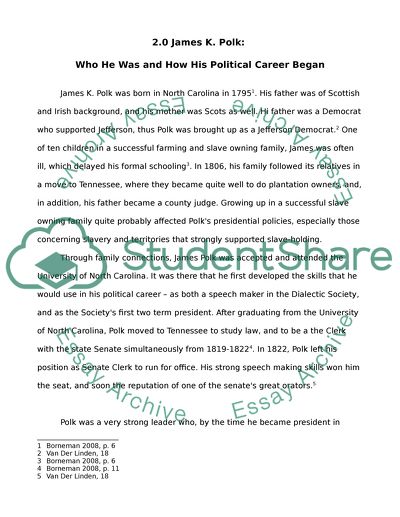Cite this document
(“Causes of the Mexican-American War Essay Example | Topics and Well Written Essays - 3250 words”, n.d.)
Retrieved from https://studentshare.org/history/1499577-mexican-american-war
Retrieved from https://studentshare.org/history/1499577-mexican-american-war
(Causes of the Mexican-American War Essay Example | Topics and Well Written Essays - 3250 Words)
https://studentshare.org/history/1499577-mexican-american-war.
https://studentshare.org/history/1499577-mexican-american-war.
“Causes of the Mexican-American War Essay Example | Topics and Well Written Essays - 3250 Words”, n.d. https://studentshare.org/history/1499577-mexican-american-war.


